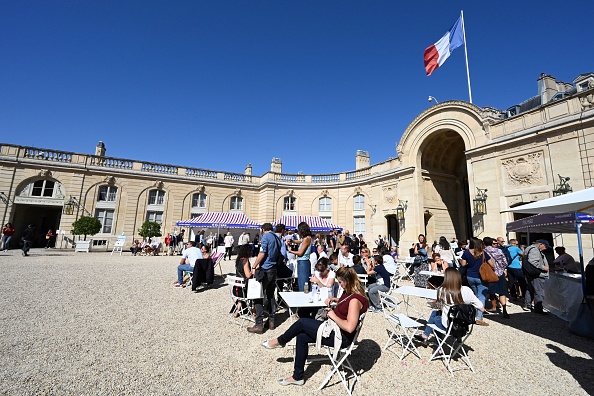Eurozone inflation hits three-year low in September

Inflation in the Eurozone dropped to a three-year low in September due to cheaper energy, official figures showed today, as the European Central Bank (ECB) continues to struggle to hit its price-rise target.
Read more: Eurozone manufacturing sector suffers worst month in seven years
Yet with energy excluded, inflation edged slightly higher, although it was nonetheless well below the ECB’s target of close but below two per cent inflation.
Figures from European Union agency Eurostat showed headline inflation dropped to 0.9 per cent in the year to September from one per cent in August. Core inflation rose to one per cent from 0.9 per cent.
Inflation – the rate prices increase at – has slowed dramatically in 2019 as the area’s economy has slowed. Despite negative interest rates, the ECB has not been able to push up inflation to the level it thinks leads to a healthy economy.
“Low inflation remains the main headache for the European Central Bank,” said Nicola Nobile, lead Eurozone economist at consultancy Oxford Economics.
At its last meeting the central bank’s governing council relaunched its massive bond-buying programme in a bid to flood economies with cash and push up spending and prices.
A fall in energy prices was largely responsible for the fall in the headline figure, despite oil prices spiking in September. They have since settled again, meaning energy costs are unlikely to give prices much of a boost.
Also released today were figures showing the Eurozone manufacturing sector suffered its worst month in seven years in September.
“The risk here is that the weakness in the Eurozone economy persists,” Nobile said, “and that this then causes another prolonged period of subdued inflation”.
Read more: ‘We had to respond’: ECB chief economist defends move to splash cash
“The weakness in core inflation continues to underline the need for monetary and fiscal stimulus to prop up the economy and the outlook for inflation.”